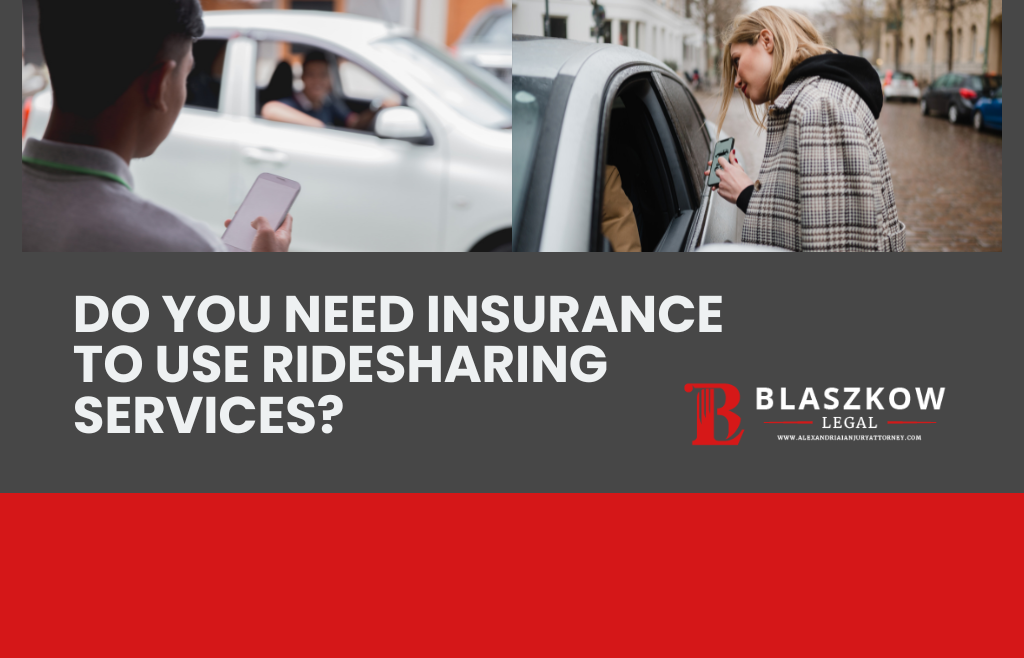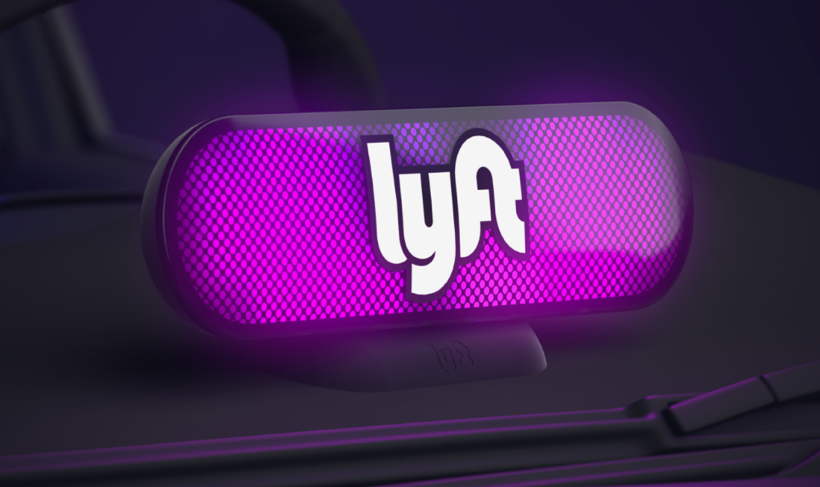

Ridesharing has become so prevalent that some young people feel they no longer need a driver’s license and prefer to avoid the associated costs of owning a vehicle. This means that they’re entrusting their lives to a complete stranger, with the expectation that drivers and the companies they work for will maintain the appropriate duty of care. The safety and rights of passengers are paramount. Whether you’re hopping into an Uber or Lyft, it’s essential to be aware of the different phases of your journey and how they can impact insurance claims, so you can ride with confidence and know your rights.
Insurance coverage for Uber and Lyft exists in three different phases, or categories, depending on exactly what the rideshare driver is going at the time.
Phase 1: App Active, Waiting for a Driver
This is the initial phase when you’ve requested a ride, and the rideshare app is active, but the driver has not yet arrived. While you are technically under the umbrella of the rideshare company’s insurance, coverage during this phase is generally limited. If you’re currently on foot, the only thing you should be concerned about is the traffic around you.
Phase 2: En-Route to Pick You Up
During this phase, the rideshare company’s insurance coverage typically kicks in. They provide liability coverage, which includes coverage for bodily injury and property damage in the event of an accident. However, the coverage may vary depending on your location and the specific rideshare company’s policy. For example, if the driver ends up hitting you–a pedestrian–as you cross the street to meet them, or if they run over your luggage by accident, this may be covered in their policy.
Phase 3: Passenger on Board
Phase 3 begins when you’re finally in the rideshare vehicle. At this point, the rideshare company generally offers more extensive insurance coverage. If the rideshare driver is responsible for an accident that occurs while you’re in the vehicle, the company’s insurance can provide up to $1 million in liability coverage. This coverage is designed to protect you and others in the event of a car accident caused by the rideshare driver’s negligence.
It’s important to note that if the accident is not the fault of the rideshare driver, their insurance may not apply. In such cases, the responsible party’s insurance (often referred to as the “tort” system) would come into play.
Whose Insurance pays if you are involved in an accident?
Whose insurance is responsible for your damages will depend entirely on who was negligent. For example, Uber is not responsible if you were involved in an Uber accident, just because you were in one of their cars. Here are some examples:
- – If you are a passenger and the Uber driver runs a red light and causes an accident, then your claim may be against the Uber driver, and Uber
- – If you are a passenger in a Lyft while stopped at a red light, and the car is rear-ended by a bus, then you claim is against the bus driver/bus company
- – If you are a rideshare passenger and the rideshare driver crosses the centerline and hits a vehicle that was speeding and being driven by a drunk driver, then your claim may be against both the drunk driver AND the rideshare driver/rideshare company.
Protecting Your Rights in a DMV Rideshare Accident
In the event of an accident during a rideshare trip, it’s crucial to protect your rights and interests. One of the most important things to remember is that you should never sign settlements without legal guidance. If you’re involved in an accident during a rideshare trip, the rideshare company may approach you with a settlement offer. It’s essential to refrain from signing any settlements without consulting an attorney. You should ensure that you receive fair compensation for any injuries or damages. This is true with any personal injury claim, but especially when trying to navigate the company’s complicated policies.
If you’re relying on professional services to get from point A to point B, you should have peace of mind that you’re covered whether your driver was at fault or not. Although you should never assume that the negligent driver’s or rideshare company’s insurance policy will be forthright about how you can go about filing your claim, at Blaszkow Legal, PLLC, we’re dedicated to helping you get the compensation you deserve. From medical bills to lost wages, we will fight for the best possible outcome. Call (703) 879-5910 to schedule your consultation today.

